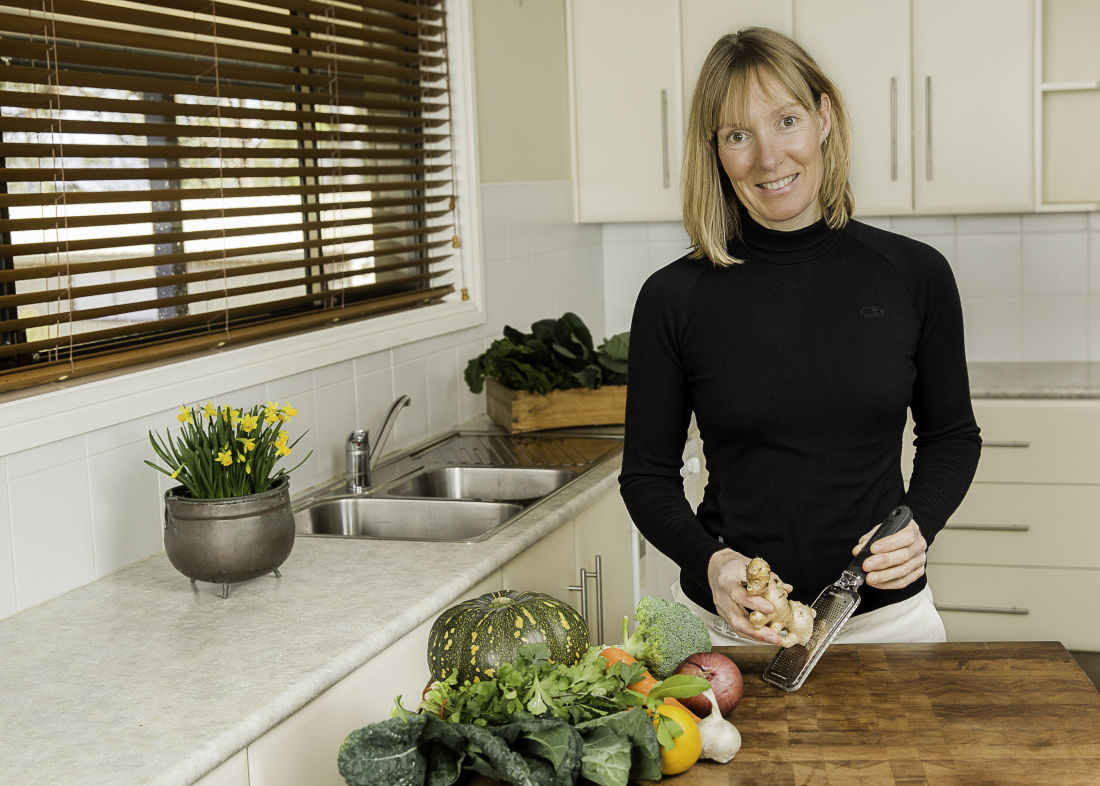There is a never-ending stream of information about healthy eating. But what I find curious is that this information is usually just about the food. Healthy eating is about knowing yourself, as well as knowing your food. This is why there is no one perfect diet for everyone, and one of the main reasons why I wrote my book, Eating for You.
Healthy eating is all about you
#1 Establish healthy eating habits
We all have a different relationship with food. A mindfulness approach allows you to identify what these habits are, and what drives them. Drivers for eating either support or detract from our health and wellbeing. Eating for You outlines several or these drivers:
- Physiological hunger
- Health
- Body image
- Spiritual and ethical beliefs
- Food knowledge and skills
- Pleasure
- Preferences
- Emotions and stress
- Convenience
Keeping a food diary or journal allows you to uncover your habits and drivers for eating.
The only habit that I recommend forming for healthy eating is to eat mindfully. This way you develop confidence in choosing what is best for you in the current moment—we do not need to eat the same foods or the same quantity of foods each day. When we are more active, we have a higher need for energy and may feel like eating more carbohydrate foods, such as fruit, starchy vegetables and grains, for example. I encourage you to know your eating habits and drivers for eating, and then assess whether they are supporting or detracting from your health goals.
#2 What are your health requirements and goals?
Healthy eating plays a central role in promoting good health and longevity, whether we are in excellent health, or have an illness or chronic (long term) health condition or disease, such as diabetes, irritable bowel syndrome or low energy levels. I promote an open working relationship with your healthcare practitioners, where you ask questions about your healthcare, and feel confident in making lifestyle choices, including decisions about a course of treatment and therapy. Eating for You recommends a number of questions to ask your healthcare practitioners.
#3 Healthy eating is supported by a healthy lifestyle
Why and how you eat is related to your lifestyle too. These simple reflective questions will help you decide whether your lifestyle is supporting healthy eating:
- Do you have at least 30 minutes of walking or other movement a day?
- Do you enjoy 7 to 8 hours of quality sleep everyday?
- Do you have a time each day where you can sit quietly to reflect and meditate?
Research has shown that different types of exercise are of benefit for different health conditions. If you have high blood pressure, diabetes or insulin resistance or chronic pain, then I encourage an exercise program that is devised with your doctor and a qualified exercise physiologist, physiotherapist or occupational therapist.
We now know that quality sleep plays an important role in regulating our hormones and other substances in our body that directly influence our immune system and other functions. A lack of sleep can drive us to eat higher fat and sugary foods for example. This makes sense, because our body is finding a quick fix for our tiredness. Short term this might be okay, but long-term it can contribute to unhealthy weight gain and other health conditions.
Mindfulness meditation increases our ability to focus on the present moment. It has been shown to directly influence the body by decreasing blood pressure and reducing reactions to stressful events. Mindfulness is also a technique that sustains eating and lifestyle choices that better support our health.
So I would like to leave you with three questions:
- Are your drivers for eating supporting your health and wellbeing?
- Are you asking your healthcare practitioners the right questions about your personal health?
- Are your lifestyle choices supporting healthy eating?
You are not meant to know the answers to these questions immediately or completely. I ask questions, so you may develop clarity about how your choices impact on your mind and body. Our health and wellbeing evolves over time, so we need to stay mindful of this. The questions will also build confidence in your understanding of your health, how it evolves, and the choices that are available to you.
